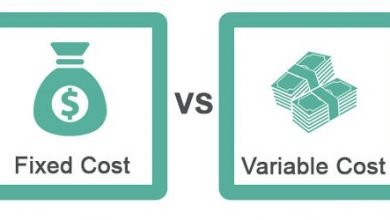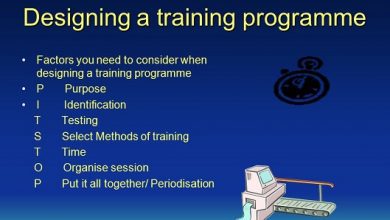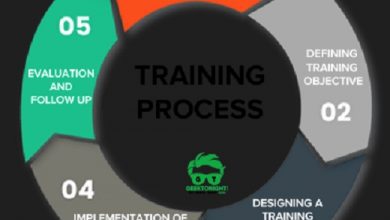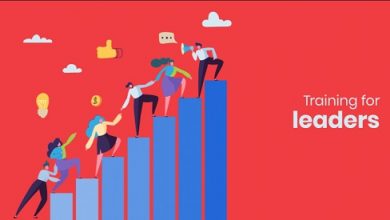Economics/Business
Economics
Economics is the social science that studies how individuals, businesses, governments, and societies allocate scarce resources to satisfy their unlimited wants and needs. It is concerned with the production, distribution, and consumption of goods and services, and the decisions and behaviors of individuals and institutions that shape these processes.
By reading the intensive articles of Englopedia.com you will grasp that it is a broad field that encompasses various branches and subfields, including microeconomics, macroeconomics, international economics, labor economics, behavioral economics, and many others. Microeconomics focuses on the behavior of individuals and firms, while macroeconomics looks at the overall performance of the economy, including issues such as inflation, unemployment, and economic growth. International economics examines the flow of goods, services, and capital across borders, while labor economics focuses on the behavior of workers and employers in the labor market.
Englopedia will make you aware that Economists use a range of tools and techniques, such as mathematical modeling, statistical analysis, and experimental methods, to study and analyze economic phenomena. They aim to understand how markets work, how individuals and institutions make decisions, and how public policies and institutions impact economic outcomes.
Through the leading articles of Englopedia you will realize that Economics has significant implications for individuals, businesses, governments, and societies, as it can inform decisions related to investments, production, taxation, trade, and social welfare policies. It is a crucial field of study for understanding the functioning and dynamics of modern economies and for addressing pressing global issues, such as inequality, climate change, and economic development.
-

Recruitment and selection process Importance and Benefits and step by step process
What is recruitment and selection? Recruitment and selection process is the name given to the HR subsystem that has the…
Read More » -

Difference between fixed and variable cost/Comparison chart
Running a business requires commitment and responsibility, as well as a lot of knowledge of the product, target audience and…
Read More » -

What are variable costs/ How to calculate/Methods/Importance
What are variable costs? Variable costs are the values that change according to the production and flow of the company. It will always follow…
Read More » -

What is fixed cost/9 examples/importance/calculation/Reduction
Fixed cost is all expenditure that is not affected by the increase or decrease in the company’s production of products or services. That…
Read More » -

Types of training and development/In-person vs online training/Importance
Technical training, or hard skills training, is a type of training that focuses on employee development in certain skills and…
Read More » -

What is Corporate training/ How to structure training in organization/Benefits
For good results and achievement of business goals, more than just having good talent and offering salaries and benefits is needed.…
Read More » -

Corporate training program its Benefits and Implementation
Corporate training program Corporate training is a corporate education practice that aims to develop employees’ specific skills, related to their tasks…
Read More » -

Designing a training program its Benefits and Challenges
Designing a training program Training programs are essential internal processes for the proper functioning of a company. With them, the company…
Read More » -

Designing a training program for employees its benefits and types
What is an employee training program? Training programs are very effective in many ways. They can be used to integrate employees, update processes,…
Read More » -

Leadership training importance its purpose and 5 topics
What is leadership training? It doesn’t matter if the leader is the owner of the company or an employee who…
Read More »